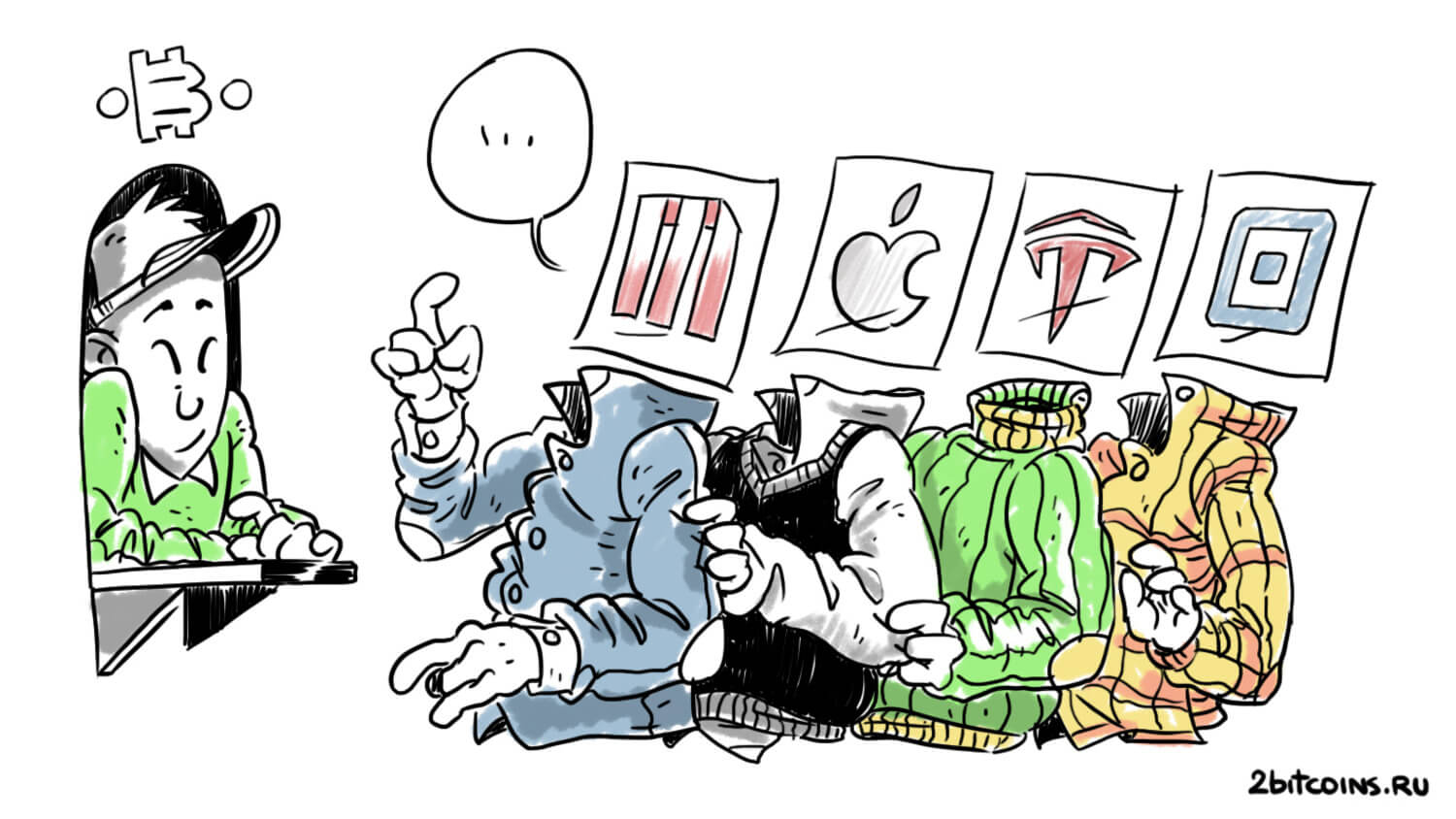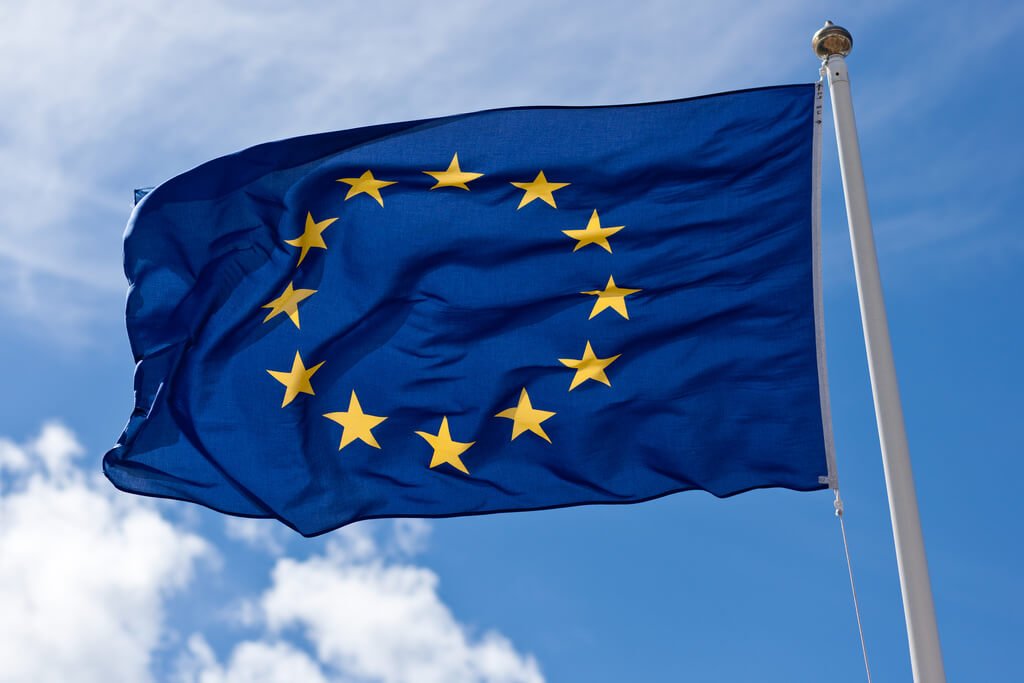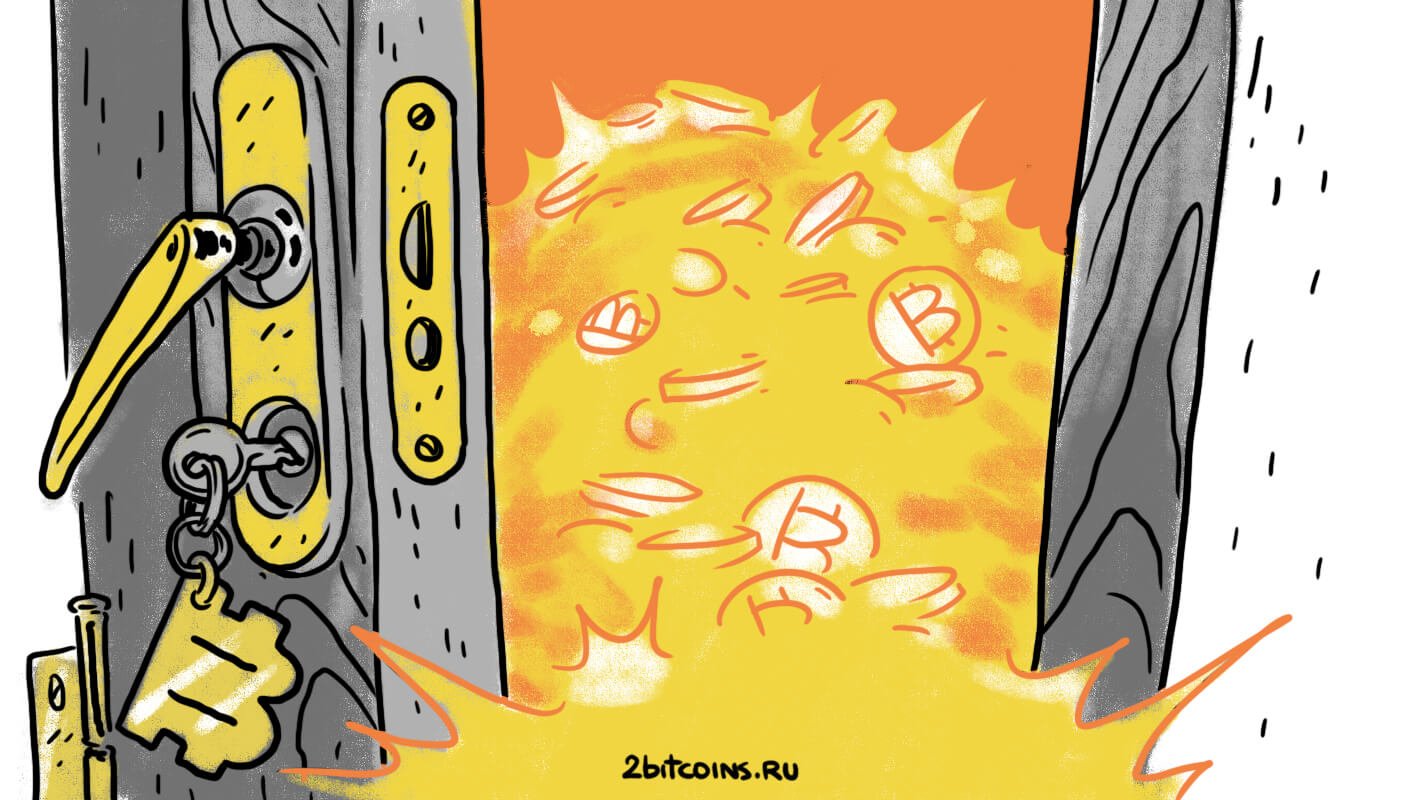The European Parliament may restrict the operation of cryptocurrencies. What are we talking about?
The European Union is considering regulations aimed at cracking down on cryptocurrency wallets that are not owned by official intermediary companies. Such wallets are also referred to as non-custodial wallets and are characterised by investors’ full responsibility for their funds. Examples of non-custodial wallets are MetaMask, WalletConnect or the Ledger and Trezor hardware wallets. The proposals are still under consideration, but a vote on them should take place soon. Let’s talk more about what’s going on.

As is customary, we’ll start with an explanation. Non-custodian means the negation of a custodian, that is, an intermediary who is responsible for holding assets or transactions with them. For example, in traditional economics there are custodian banks. Their job is to hold securities and other instruments and manage them for profit.
In the cryptocurrency industry, custodial wallets are considered centralised platforms whose representatives hold the private keys to your digital assets. For example, a cryptocurrency exchange is a custodial wallet, which essentially means that the money in it is controlled by the platform’s employees. This sets the stage for assets to be frozen in the event of a legal problem and a corresponding directive from the authorities.

Buying bitcoins
At the same time there are non-custodial wallets, examples of which we have already listed. They can be distinguished by their set-up process, as such programs offer to write down a sido or a so-called mnemonic phrase. The latter gives access to the contents of the address, allows the user to sign transactions and thus dispose of the coins.
We described the interaction with non-custodial wallets using Ledger Nano S as an example in a separate article. We recommend reading it to understand the essence of what is happening.
Now users of such platforms from Europe may have problems. At least that’s what the authorities think.
Problems with the cryptocurrency wallet
The European Commission has proposed measures that would oblige cryptoservice providers to obtain personal information from customers. Here’s the relevant rejoinder from its representatives. The quote is cited by Decrypt.
If crypto-assets are transferred from or to a crypto-wallet not owned by a third party, the service provider or other obligated entity must obtain and retain the necessary sender and beneficiary information from its customer.
As a reminder, the topic of limiting the privacy of cryptocurrency users had already been raised the day before. In particular, users of cryptocurrency exchange Coinbase from Canada, Singapore and Japan were required to disclose information about transfer recipients. At times, this requires exceeding a certain threshold.

EU flag
Moreover, if the service provider notices that the information provided is inaccurate, incomplete or suspicious, it must “risk-assess” whether to reject or suspend the transaction and report it to the relevant financial intelligence unit. In other words, the European Commission is trying to eradicate anonymity altogether and significantly empower officials.
Read also: The European Parliament voted against an EU ban on mining. Why does it matter?
The cryptocurrency community has reacted negatively to the proposal. Faryar Shirzad, a member of Coinbase’s cryptocurrency exchange leadership, tweeted that “such bills could significantly disrupt individual financial freedom, cause irreparable damage to the crypto economy, and stifle the future of innovation across the EU.”

Rich cryptocurrency
Former Dutch central bank analyst Simon Lelyveldt, who is now involved in cryptocurrency regulation, spoke much more harshly about the proposal.
If you want to kill privacy, this is the best way.
The European Parliament will vote on the proposed measures on Thursday, March 31. Accordingly, politicians still have time to form an opinion.
It is important to note that if restrictions are implemented, they can be circumvented. In the case of MetaMask wallet, it will be enough to launch its own node, which will be used to interact with blockchains. For example, at the beginning of March 2022, Venezuelan wallet users were blocked.
As it turned out later, circumventing the restrictions would allow the use of a VPN. That is, if you change your geolocation to a country outside the banned list, then there would be no problem with the wallet. Then again, if anything, it's worth considering running your own node. There are more than enough manuals on the Internet for this process.

Cryptocurrency investor
We believe that such decisions by officials make no sense whatsoever. They will, at best, scare away non-custodial wallets from newcomers who have not previously interacted with crypto and do not understand the nature of the various restrictions. Consequently, they will be forced to use only identity-validated exchanges and are more likely to avoid the world of decentralised finance, NFT tokens and other fine blockchain innovations. Well, that's hardly good for the industry. So it is to be hoped that, in this case, the regulation will not go down the road of large-scale bans.
Stay tuned to our millionaires’ crypto-chat to see how the situation develops. There we will talk about other topics related to the blockchain industry.















